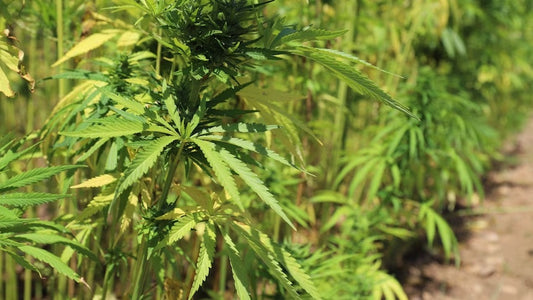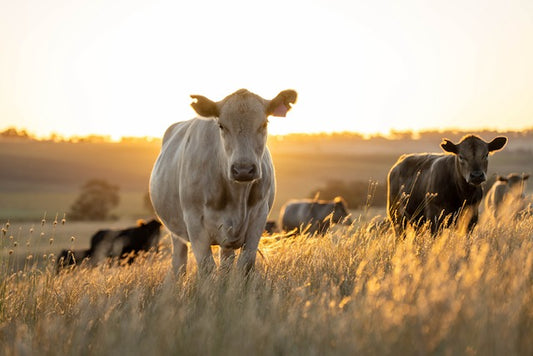As the demand for sustainable and nutritionally rich animal feed continues to grow, hemp seed byproducts have emerged as a valuable resource for enhancing livestock nutrition. In Australia, where the agricultural industry is ever-evolving, understanding the benefits of hempseed products can offer significant advantages for animal health and performance.
The Nutritional Value of Hemp Seed Byproducts
Hemp seed byproducts, including whole seeds, dehulled seeds, hempseed oil, hempseed meal, and hempseed hulls, have been the subject of extensive research. Studies consistently show that these hemp-derived products do not adversely affect animal health or performance. Instead, they can contribute to improved animal products such as eggs, meat, and milk, all while delivering beneficial bioactive components.
Key Nutritional Benefits:
-
Protein and Energy: Hemp seeds are a powerhouse of nutrition, containing 20–25% protein, 20–30% carbohydrates (mainly fiber), and 25–35% oil. This makes them an excellent source of both protein and energy for various types of livestock and poultry.
-
Amino Acids: Hempseed meal is rich in essential amino acids, notably arginine, glutamic acid, and aspartic acid. These amino acids play a crucial role in growth, immune function, and overall health.
-
Healthy Fats: Hempseed oil stands out for its high content of polyunsaturated fatty acids, constituting approximately 80% of its fatty acid profile. It features a favorable ratio of linoleic acid to alpha-linolenic acid (about 3:1), which is notably different from other plant-based omega-3 sources like flaxseed oil (1:4). This unique fat profile supports optimal health and development in animals.
-
Bioactive Components: Hempseed and hempseed oil are rich in essential fatty acids, including omega-3s, gamma-linolenic acid, and conjugated linoleic acid. These components are known for their health benefits and can enhance the nutritional quality of animal products.
Research Insights
Recent research, such as the comprehensive review by Mohamed and House (2024), reinforces the safety and efficacy of hemp-derived products in animal feeds. Their findings indicate that within appropriate limits, hempseed-derived products are not only safe but also effective as feed ingredients. They provide a viable alternative to traditional feed components, potentially offering enhanced nutritional benefits and supporting overall animal health.
Hemp Seed Byproducts for Different Livestock
Different types of hempseed byproducts offer varying benefits depending on the livestock species:
- Poultry: Incorporating hempseed products can improve egg quality and enhance the nutritional profile of poultry meat.
- Swine: Hempseed meal and oil can support better growth rates and improve feed efficiency in pigs.
- Ruminants: For cattle and sheep, hempseed byproducts contribute valuable nutrients that support overall health and productivity.
- Aquaculture: Hempseed oil can enrich fish feed with essential fatty acids, promoting better growth and health in aquatic species.
Conclusion
As the livestock industry in Australia seeks innovative and sustainable feed solutions, hempseed byproducts stand out as a promising option. Their rich nutritional profile, coupled with positive research outcomes, underscores their potential to enhance animal health and performance. For those looking to optimize feed formulations, incorporating hempseed products could be a strategic move towards achieving better outcomes in livestock nutrition.
For a detailed exploration of the research on hempseed ingredients for various livestock, refer to the narrative review by N. Mohamed and J. House, "Safety and Efficacy of Hemp-Derived Products in Animal Feeds," published in the Canadian Journal of Animal Science (2024).


